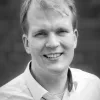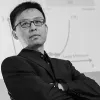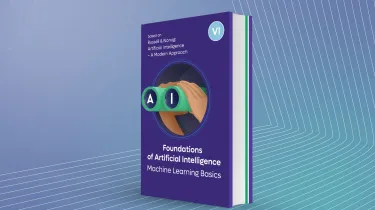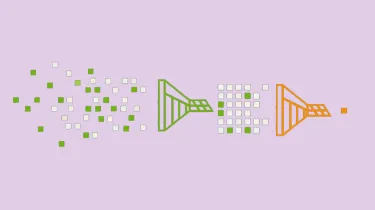Machine Learning
Machine Learning is a central subfield of artificial intelligence. Many digital applications in our daily lives use machine learning: spam filters sort out unwanted emails, streaming services recommend suitable content, and voice assistants respond to spoken requests. In all these cases, the systems use large amounts of data to recognise patterns and derive decisions from them.
Discover now on the AI Campus how different algorithms and learning methods work, what they are suitable for, and how you can use them in a targeted way.


Marius Lindauer is a full professor at Leibniz University Hannover and a recipient of the prestigious ERC grant.
He completed his PhD at the University of Potsdam. After completing his doctoral studies, he joined the AutoML group at the University of Freiburg as a Postdoctoral Researcher. Marius is the co-head of the AutoML.org super-group, a member of the advisory board of COSEAL, a co-founder of the Leibniz Data Science Lab, and a member of several other networks, including ELLIS and CLAIRE. His research interests lie primarily in the field of AutoML, with additional expertise in Reinforcement Learning and Interpretable Machine Learning.

Stephan Scheele is a post-doctoral researcher in the Fraunhofer IIS Explainable AI Project Group. He holds a diploma in business informatics and a master's degree in computer science from the University of Ulm. In 2015, he completed his PhD on a basic topic in the area of description logics and knowledge representation at the University of Bamberg. He then worked for several years as a software architect for Robert Bosch GmbH in Renningen in the Car Multimedia division. During his doctoral studies, Stephan Scheele gained a wide range of experience in teaching. Through his work at Bosch, he is familiar with engineering application fields.

Haojin Yang is a senior researcher and multimedia and machine learning (MML) research group leader at Hasso-Plattner-Institute (HPI). Since 2019, he has been habilitated for a professorship. His research focuses on efficient deep learning, model acceleration and compression, and Edge AI.

Professor Jan Peters teaches and conducts research both at the Department of Computer Science at Darmstadt University of Technology and at the German Research Center for Artificial Intelligence GmbH (DFKI). He is one of the world's leading researchers in the field of machine learning for autonomous, intelligent robots and has received several awards for his achievements. Among others, he was appointed IEEE Fellow, ELLIS Fellow and AIAA Fellow.

Christian Bartz is currently a Ph.D. student at the Chair of Internet Technologies and Systems at the Hasso Plattner Institute (HPI), University of Potsdam, Germany. Prior to his Ph.D. studies, he received his master degree in IT-Systems Engineering from HPI in 2016. His current research interests revolve around computer vision and deep learning, especially text recognition in scene images, handwriting recognition for automated analysis of archival material, and automated generation of suitable training data for the training of machine learning algorithms.

Prof. Marco Huber, born on 12 January 1980 in Kehl, received his doctorate in computer science from the University of Karlsruhe (TH) in 2009. From 2009 to 2011, he headed the research group "Variable Image Acquisition and Processing" at the Fraunhofer Institute of Optronics, System Technologies and Image Exploitation IOSB in Karlsruhe. He then worked as a senior researcher at AGT International in Darmstadt until 2015. From April 2015 until September 2018, Prof. Huber was responsible for product development and data science services in the Katana division at USU Software AG in Karlsruhe. At the same time, he taught as a private lecturer in computer science at the Karlsruhe Institute of Technology (KIT). Since October 2018, he has held the professorship for cognitive production systems at the University of Stuttgart and is also head of the Centre for Cyber-Cognitive Intelligence (CCI) at the Fraunhofer Institute for Manufacturing Engineering and Automation IPA. His research focuses on the topics of machine learning, sensor data analysis and robotics in the production engineering environment.






